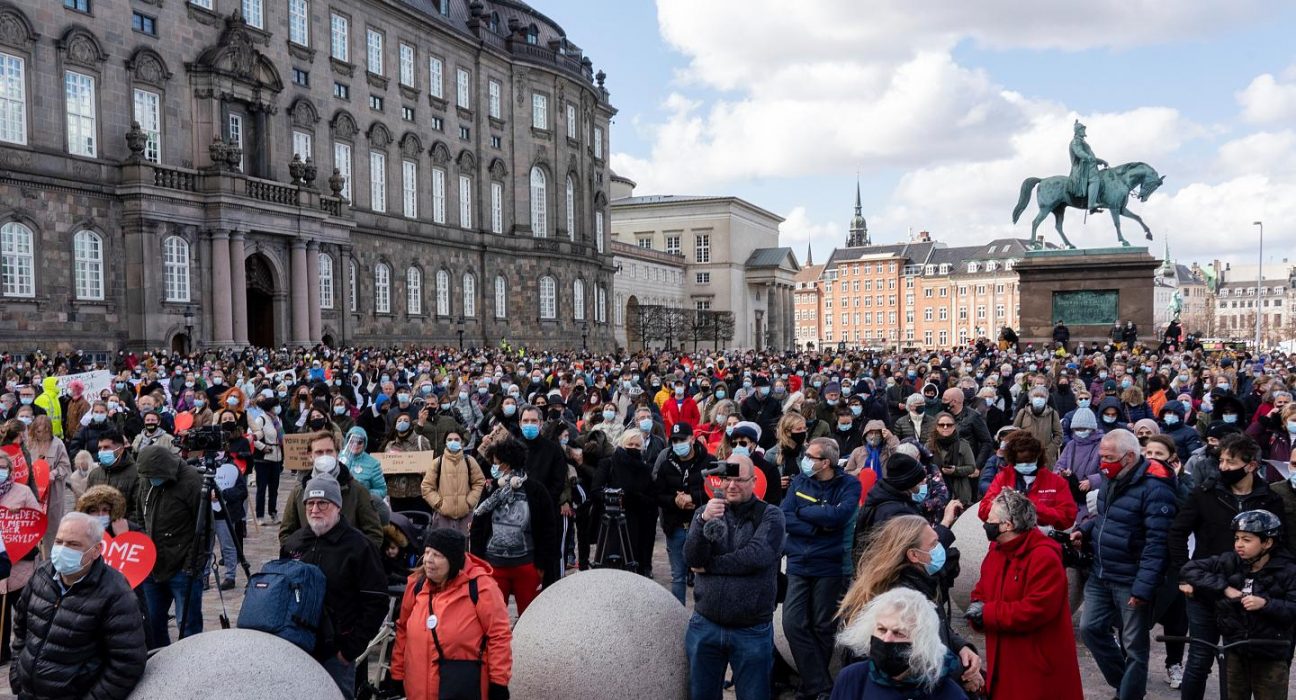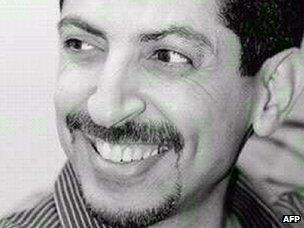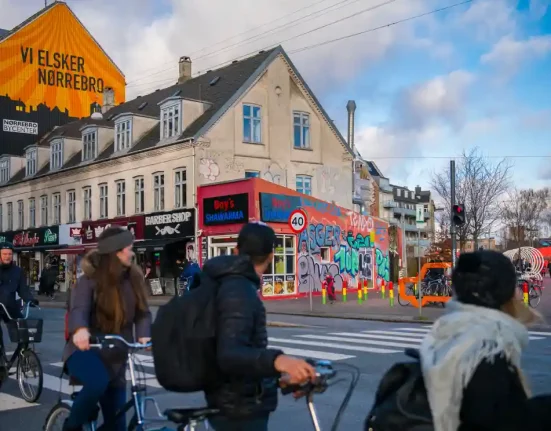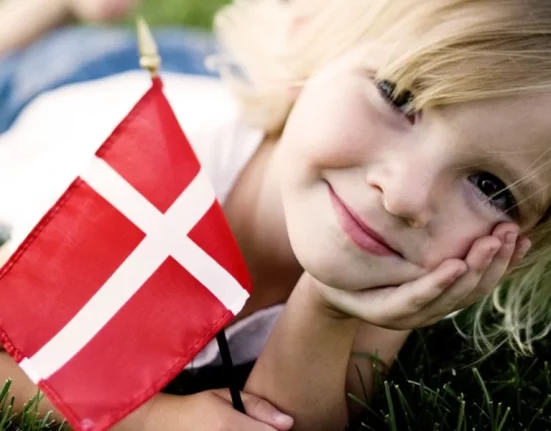When Denmark was the first European country to withdraw the residency status of far more than 200 Syrian refugees the previous month, according to officials in Copenhagen, Portions of Syria were secure enough even for refugees to go.
However, the topic has become controversial, and activists and community organizations have scheduled rallies in favor of the migrants. While having a liberal image, Denmark has been recognized for constantly restricting its asylum laws in recent years. Hundreds of Syrian refugees are in limbo after Danish officials determined it was fit to continue and revoked their residence cards.
It just inked a migration deal with Rwanda, sparking rumors that it plans to construct an asylum-processing center there. They are one of almost 200 Syrian nationals whose residence has been revoked because Damascus and its environs are now declared secure.
Proposal of ‘Ukraine Towns’
Denmark is proposing to develop “Ukraine towns” to handle the enormous number of migrants likely to come from the war-torn nation in the coming months, according to the country’s immigration and integration minister.
Mattias Tesfaye stated, “We are preparing for Ukrainians to be accommodated in some form of Ukraine towns, where there could be child care and education for children in Ukrainian, in which the Ukrainians themselves could participate.”
Tesfaye predicted that the number of refugees in Denmark might finally hit 100,000, 5 times higher than initially expected, with 40,000 arriving by Easter, already treble the number of Syrians who entered in 2015.
Denmark Delibrately Undermines Syrian Refugee Future
About 35,000 Syrians live in Denmark ten years after the Syrian conflict-hit. The year before, the immigration service examined the files of some 1,200 refugees from the surrounding Damascus region. “The conditions in Damascus in Syria are no longer so serious that there are grounds for granting or extending temporary residence permits,” it stated.
Women and the older make up the majority of people receiving temporary refugee visas, while younger males facing military conscription were typically offered other protection. The government claims that it’s always been evident that the safeguards it provided were just limited.
Martin Damm, chairman of the Danish municipalities, told the press in the same journal that with so many Ukrainians entering currently, the Danish welfare system would be unable to accept them all traditionally, mandating the look for many other alternatives.
“It is not an optimal solution, but it is a possible solution,” he said, adding that when Syrian refugees arrived a few years ago, there were around 30,000 in two years. “If we are to have 100,000 in 12 weeks, it presents some other challenges,” he added.
Many individuals are still waiting to learn what will happen, but several have had to bear endless challenges.
Since January, the Danish Immigration Department has resolved 300 applications, as per early estimates. Approximately half of the requests given rise to new or renewed permissions. In addition to the 100 refugees who had their rights removed or not extended in 2020, 154 had their rights removed or not granted in 2019. The Refugee Committee has issued final rejections to 39 refugees from the Damascus region.








